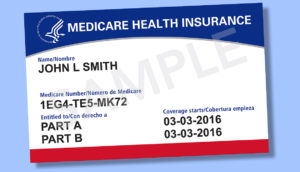 Today’s top story: Why don’t we know if people are getting COVID on airplanes? Also in the news: changes to electronic vehicle tax credits, will interest rates continue to rise, and the stupidest fees you should never pay.
Today’s top story: Why don’t we know if people are getting COVID on airplanes? Also in the news: changes to electronic vehicle tax credits, will interest rates continue to rise, and the stupidest fees you should never pay.
Why Don’t We Know If People Are Getting COVID on Planes?
With all the energy devoted to air travel and COVID safety, you’d think we’d have some hard data. We don’t.
Changes to EV Tax Credits: Where Your Battery Is Made Matters
New changes to the EV tax credit could make it harder to find a model that qualifies.
Ask a Nerd: Will Interest Rates Continue to Rise?
Interest rates seem like they will rise for the foreseeable future, but consumers should make sure to still save.
These Are the Stupidest Fees You Should Never Pay
Life is expensive enough without unnecessary fees—here are the ones you should never pay.
 Today’s top story: What Medicare Part A’s belly-up date means for you. In other news: A new episode of the Smart Money podcast on investing for your dream life, what the Inflation Reduction Act means for your Medicare coverage, and what small businesses should do now to prep for a recession.
Today’s top story: What Medicare Part A’s belly-up date means for you. In other news: A new episode of the Smart Money podcast on investing for your dream life, what the Inflation Reduction Act means for your Medicare coverage, and what small businesses should do now to prep for a recession.